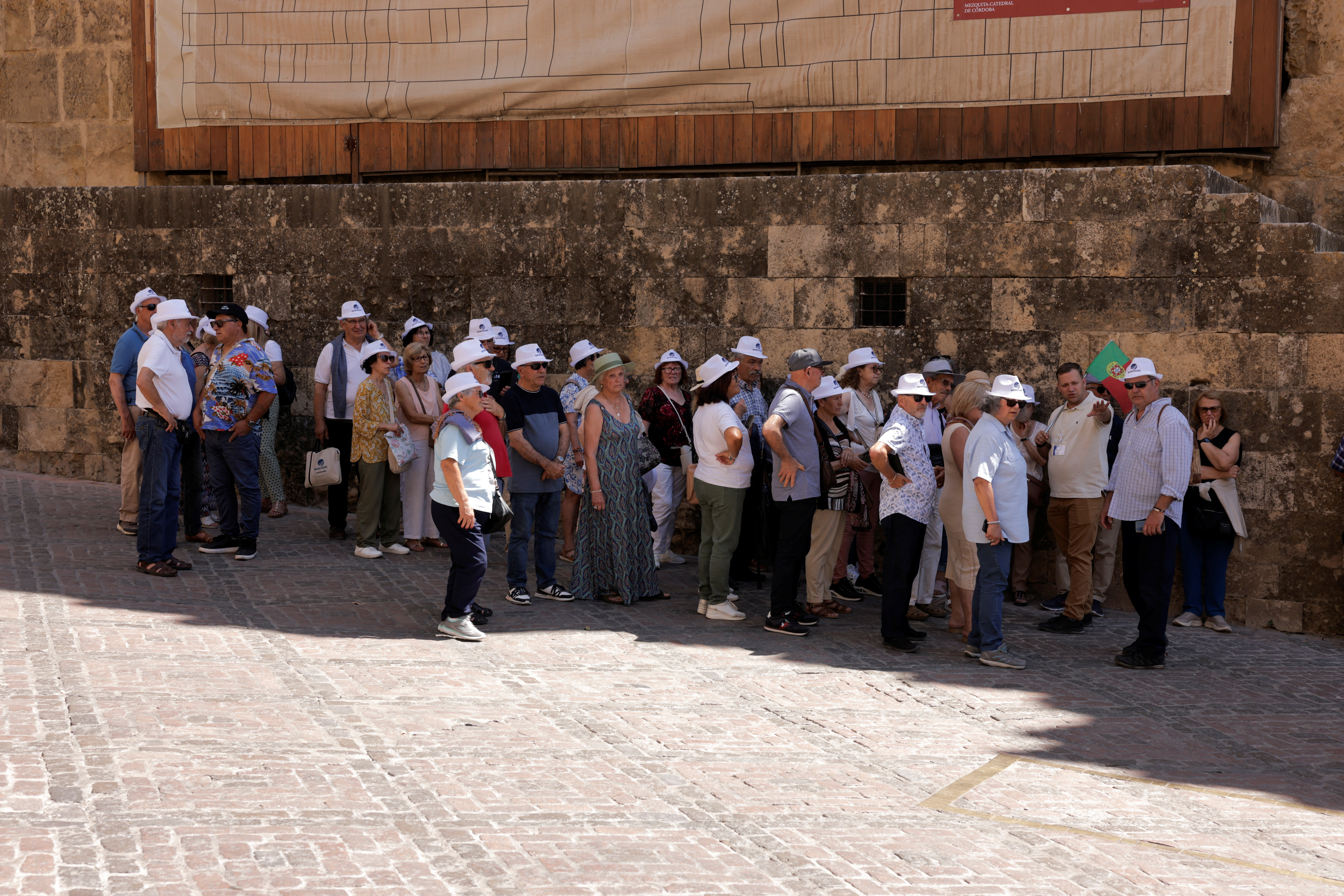By Sybille de La Hamaide and Michael Hogan
A heatwave due to spread throughout Europe this week is set to take a heavy toll on summer crops in the southeast but is good news for farmers on the other side of the region after prolonged rains flooded fields and hampered plants’ growth, analysts said.
Meteorologists forecast scorching temperatures in most parts of the European Union this week, just as record heat and dry weather are threatening crops in other major global growing regions, hitting world supplies and pushing prices higher.
Weather is key for crops as harvest nears in the northern hemisphere and any sign of damage, or relief, can make prices swing. High yield reports and showers in parched wheat fields in top exporter Russia sent global wheat prices off 10-months highs in recent weeks.
Summer crops in eastern Europe and the Balkans, mainly in the EU’s second largest maize producer Romania, were most at risk from the heatwave, set to continue for another week or two, analysts said.
“We are approaching a critical stage. One week will already lead to a fall in output. If there are two weeks like that there will be major damage and it could go very fast,” Vincent Braak, an analyst at consultancy Strategie Grain, said.
Strategie Grains had already lowered its EU 2024 maize crop forecast earlier this month.
EU crop monitor MARS on Monday cut its yield estimate for Romania’s maize and sunflower crops to below the five-year average, saying lasting dry weather made them very vulnerable to dry and hot conditions.
In contrast, the expected warm and dry weather is welcome in the western part of the EU where crops have suffered from excessive and prolonged rainfall since the autumn.
“The French farmers will be delighted. That’s what they have been expecting for a while to give their crops a boost,” Braak said.
Hot and sunny weather will also be welcome in Germany, Denmark and Poland, a German grains analyst said.
“Germany has had a prolonged cool and rainy start to the summer and sunshine would be excellent to push wheat to ripeness,” the analyst said, adding it would also help prevent fungal infections in the cereal.
MARS lowered most of its yield forecasts for this year’s crops in the EU on Monday, citing excess water in western Europe and dry weather in some southeastern countries.






Click here to change your cookie preferences